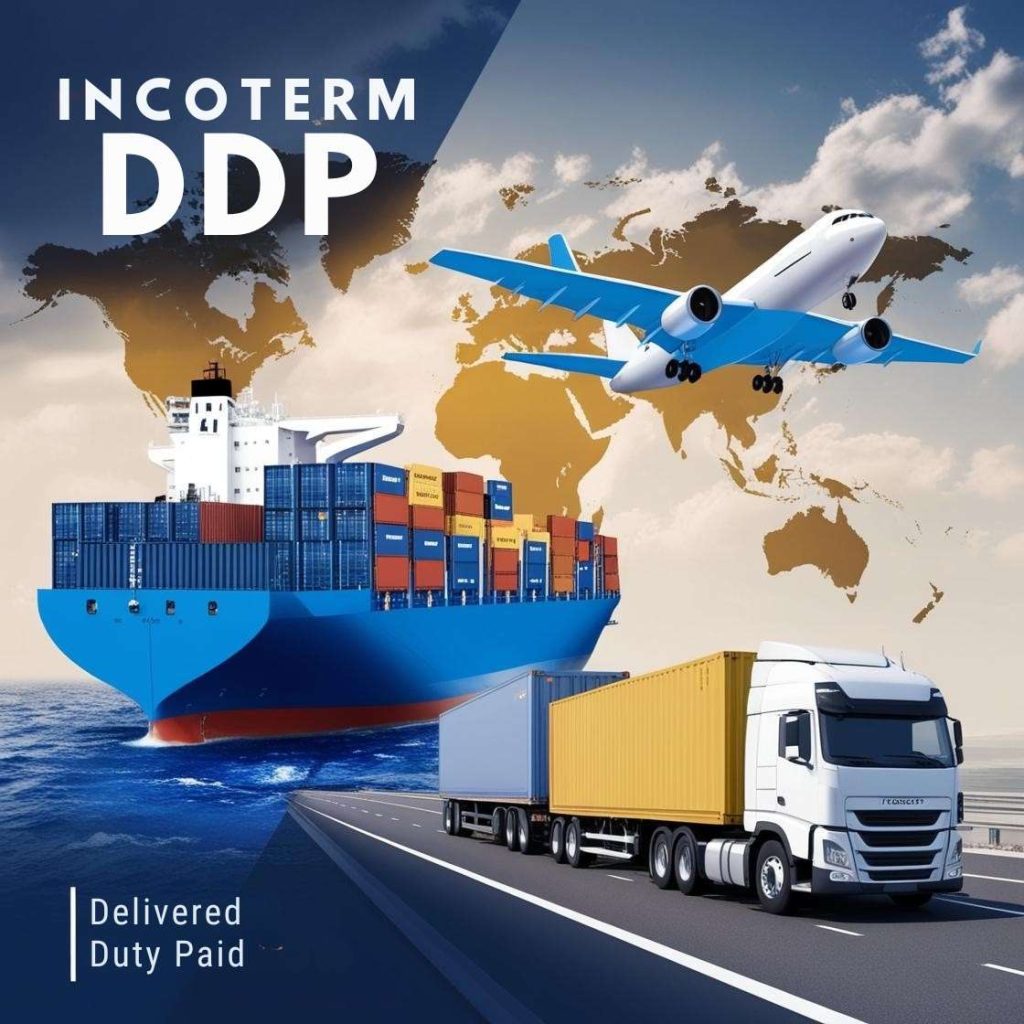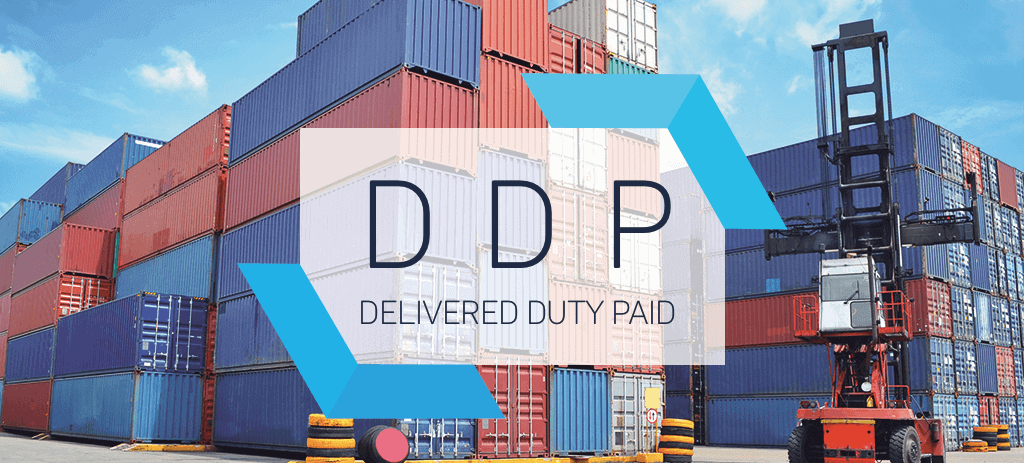In the field of international logistics and cross-border trade, DDP shipping (Delivered Duty Paid) and DDU shipping (Delivered Duty Unpaid) are two commonly used international trade terms. However, many exporters are not fully familiar with the responsibilities and cost structures associated with each, which can often lead to unnecessary delays and disputes.
So, what exactly are DDP and DDU? What’s the difference between DDP and DDU, and how should exporters choose the right shipping term based on their needs? This guide will provide a comprehensive explanation of both terms, including responsibilities, cost calculation, and their practical implications.
What is DDU (Delivered Duty Unpaid)?
DDU shipping, or “Delivered Duty Unpaid,” means the seller is responsible for delivering goods to a specified destination in the importing country, covering all transportation costs and risks up to that point. The seller must also handle export customs clearance in the country of origin.
However, DDU does not include the payment of import duties, taxes, or other official charges at the destination. These costs and the associated customs clearance responsibility fall on the buyer (importer). If there are delays or extra costs due to the buyer’s failure to clear the goods on time, the buyer must bear the risk and cost.
Important Note for DDU Shipping:
Due to the often complex breakdown of charges under DDU terms, it’s strongly recommended that the buyer requests a written and stamped quote from the freight forwarder. This helps avoid disputes later on regarding additional charges.
What is DDP (Delivered Duty Paid)?
DDP shipping, or “Delivered Duty Paid,” refers to a shipping term where the seller is responsible for delivering the goods to the agreed destination in the importing country after completing import customs clearance and paying all applicable duties, taxes, and handling fees.
Under this term, the seller assumes full responsibility for all risks and costs, from transportation to import clearance at the port of destination. DDP involves the maximum level of obligation for the seller. If the exporter cannot directly or indirectly obtain the necessary import licenses, DDP should be avoided to prevent legal or financial risk.
Key Differences Between DDP and DDU
The fundamental difference between DDP and DDU lies in who takes responsibility for import customs clearance and duties at the destination.
| Criteria | DDP (Delivered Duty Paid) | DDU (Delivered Duty Unpaid) |
|---|---|---|
| Import clearance | Seller handles | Buyer handles |
| Import duties & taxes | Paid by seller | Paid by buyer |
| Risk transfer | Until delivery to buyer | Until goods arrive; buyer responsible post-arrival |
| Best for | Sellers capable of import clearance | Sellers without clearance capabilities or unwilling to handle destination risks |
Exporters with the ability to handle destination customs procedures may choose DDP. Otherwise, DDU is the safer option to avoid bearing unfamiliar or unpredictable costs.
How to Calculate DDP and DDU Costs
Here’s a breakdown of how costs are calculated under each shipping term:
- FOB Price (Free On Board)
- Add export local charges (origin port fees)
- Add freight cost (positive or negative) to get CIF value (Cost, Insurance, Freight)
Based on CIF:
- For DDU shipping: Add destination local charges
- For DDP shipping: Add destination duties, VAT, and customs clearance fees
Properly estimating all costs ensures both parties understand the financial responsibilities involved.
Difference Between DAP and DDU
DAP (Delivered at Place) is a newer Incoterm introduced in the Incoterms 2010 rules, which replaced the older DDU shipping term from the 2000 version.
Under DAP, the seller delivers goods to a specified place in the destination country, ready for unloading. The seller bears all risks and costs involved in delivering the goods to this point, but import customs clearance and taxes remain the buyer’s responsibility—similar to DDU, but with updated legal framing.

DDP or DDU?
Which mode of transportation should you choose? Have a free consultation and consolidated shipping.
Summary of DAP Seller and Buyer Responsibilities
Seller Obligations (A1–A10):
- Provide goods and documents according to the contract (A1)
- Obtain export licenses and handle export formalities (A2)
- Arrange transportation to the specified place (A3)
- No obligation to insure goods, but must provide info if requested (A3-b)
- Deliver goods ready for unloading (A4)
- Assume risk until delivery (A5)
- Pay all costs related to export, transportation, and handling (A6)
- Notify buyer to prepare for delivery (A7)
- Provide delivery documentation (A8)
- Pay for inspection, packaging, and labeling (A9)
- Cooperate in providing import documentation if needed (A10)
Buyer Obligations (B1–B10):
- Pay for the goods as agreed (B1)
- Handle import formalities and obtain licenses (B2)
- No obligation to arrange transport or insurance (B3)
- Take delivery when goods are presented (B4)
- Assume risk from the point of delivery (B5)
- Cover costs from delivery onward (B6)
- Provide necessary notifications to the seller (B7)
- Accept and use delivery documentation (B8)
- Pay for any import inspection (B9)
- Cover the costs of obtaining any additional import documents (B10)
Final Thoughts: Choosing the Right Shipping Term
Choosing the right international shipping term—whether DDP, DDU, or DAP—can significantly impact your logistics cost structure and risk profile. Exporters must evaluate their ability to manage customs clearance at the destination, assess buyer expectations, and understand the legal and tax environment of the importing country.
By clearly defining each party’s responsibility in the sales contract and selecting the most appropriate term based on practical capacity, exporters can minimize delays, reduce disputes, and improve trade efficiency.
